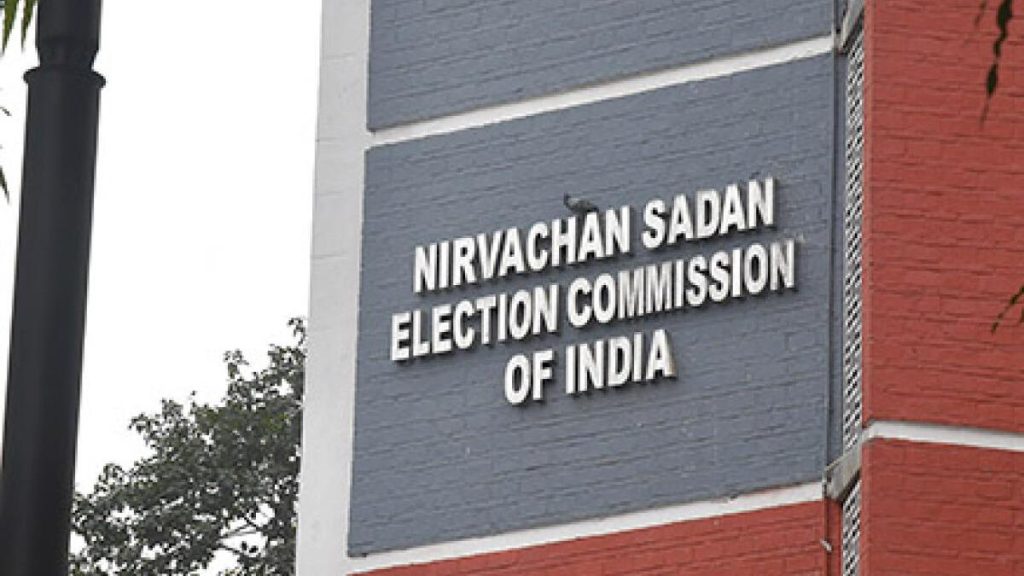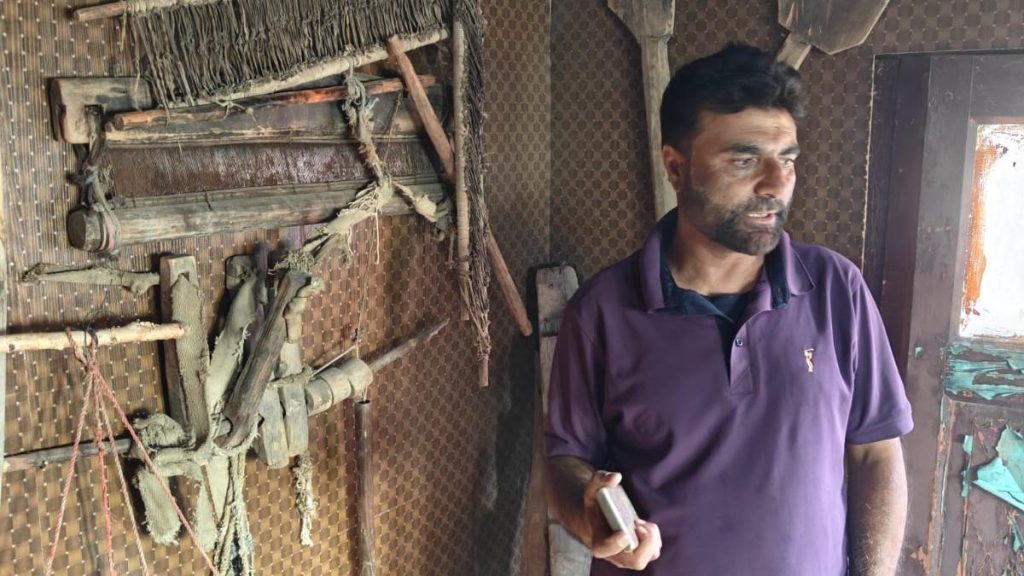Now Reading: Thrissur Hosts International Workshop on Hortus Malabaricus Research
-
01
Thrissur Hosts International Workshop on Hortus Malabaricus Research
Thrissur Hosts International Workshop on Hortus Malabaricus Research

Rapid Summary
- The Hortus Malabaricus Botanical Garden and Research Institute (HMBGRI) inaugurated a two-day international workshop on “the Research Potential of Hortus Malabaricus” in nedumpura,Cheruthuruthi.
- Attendees include researchers, academicians, policymakers, students, and conservationists discussing the historical, ethnobotanical, and scientific significance of Hortus Malabaricus, a 17th-century botanical text compiled by Dutch Governor Hendrik van Rheede.
- Key focus areas include taxonomy, ethnomedicine, genomics research into bioactive compounds from medicinal plants listed in the text, sustainable resource use, and conservation policies.
- Anne Cremers (Deputy Consul general of the Netherlands) highlighted India’s partnership with The Netherlands in biodiversity conservation during her speech.
- dr. Anil kumar (Chairman of Kerala State Biodiversity Board) stressed urgency for genomic conservation efforts concerning wild spice relatives endemic to the Western Ghats’ Malabar centre.
- sam Santhosh (Founder of SciGenom Research Foundation & HMBGRI trustee): HMBGRI began as a conservation project in 2015 and now serves as an advanced research hub for taxonomy and ecological studies related to the Western Ghats’ native flora.
- Organising Secretary Anoop P. Balan emphasized modernizing Hortus Malabaricus through this initiative.
- Workshop activities include expert panels, interactive discussions, field visits; scheduled to conclude on August 10.
Indian Opinion Analysis
The workshop highlights India’s proactive steps toward integrating its rich botanical heritage into modern scientific frameworks while fostering international collaboration. As Hortus Malabaricus bridges history with contemporary science through topics like genomic research and sustainable resource use being explored at this event-its relevance underscores both scholarly value and ecological urgency.
Key takeaways include calls for preserving biodiversity-rich regions such as Kerala’s Western Ghats alongside amplifying customary knowledge systems rooted in works like Hortus Malabaricus. Additionally, this initiative reflects India’s alignment with global sustainability goals by blending historical insights about natural resources with cutting-edge methodologies for future advancements.
























